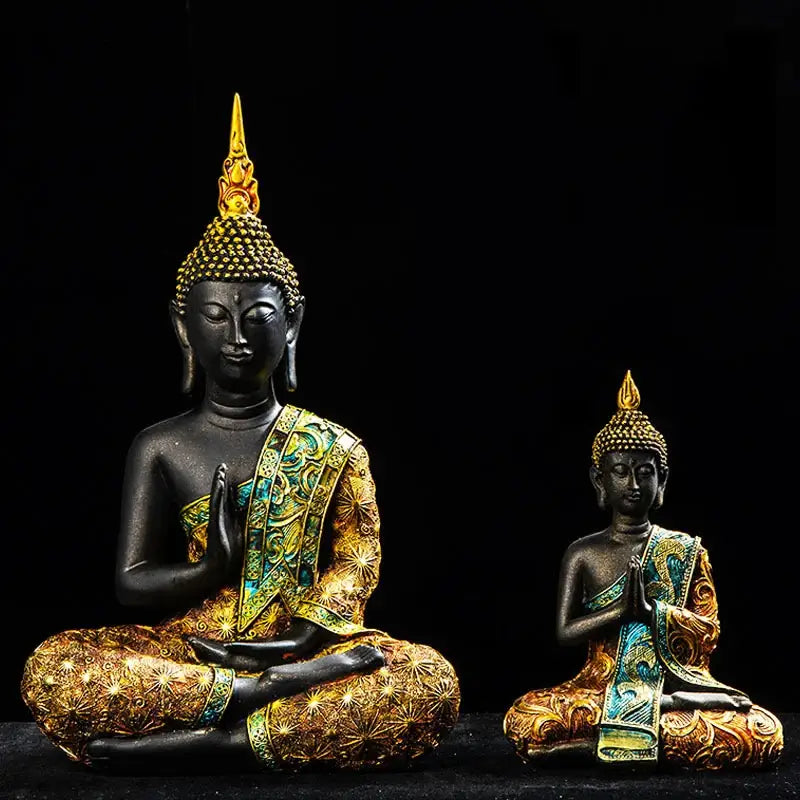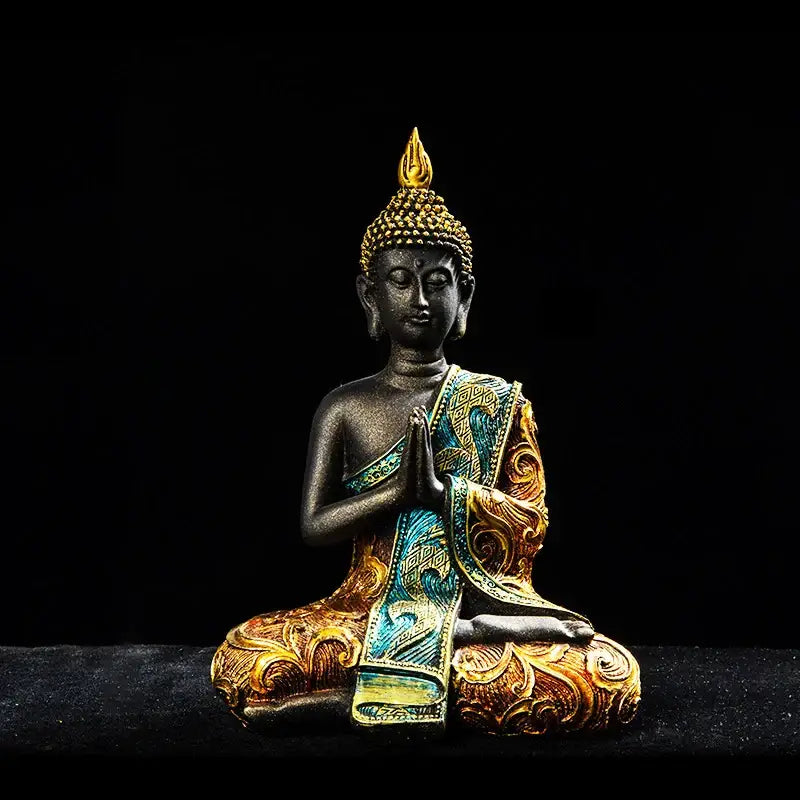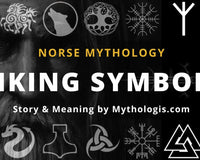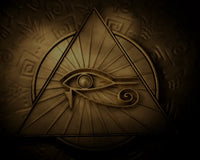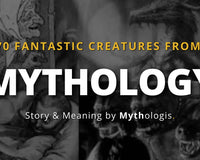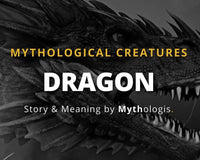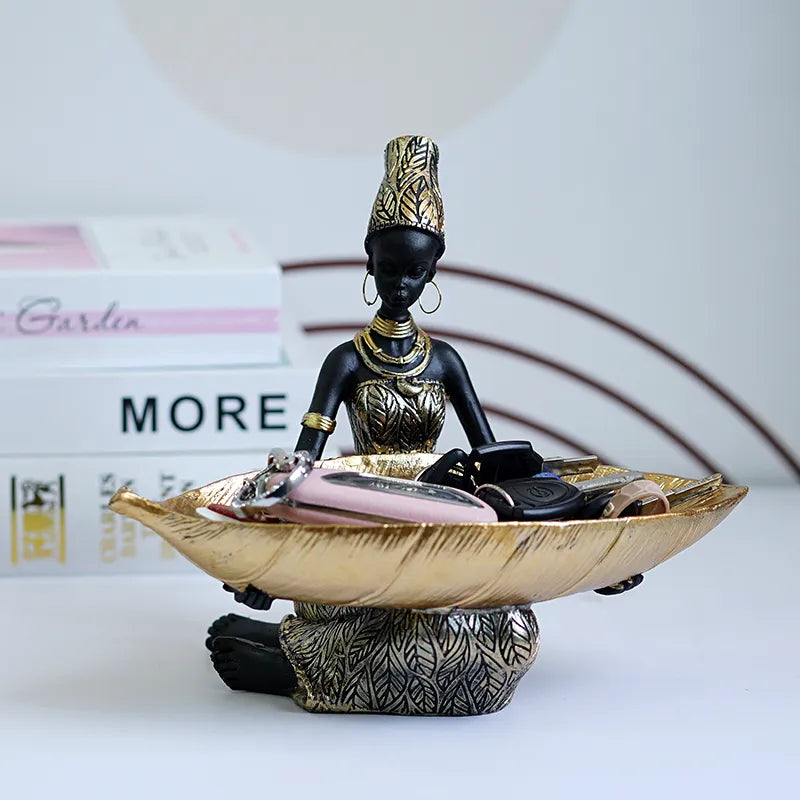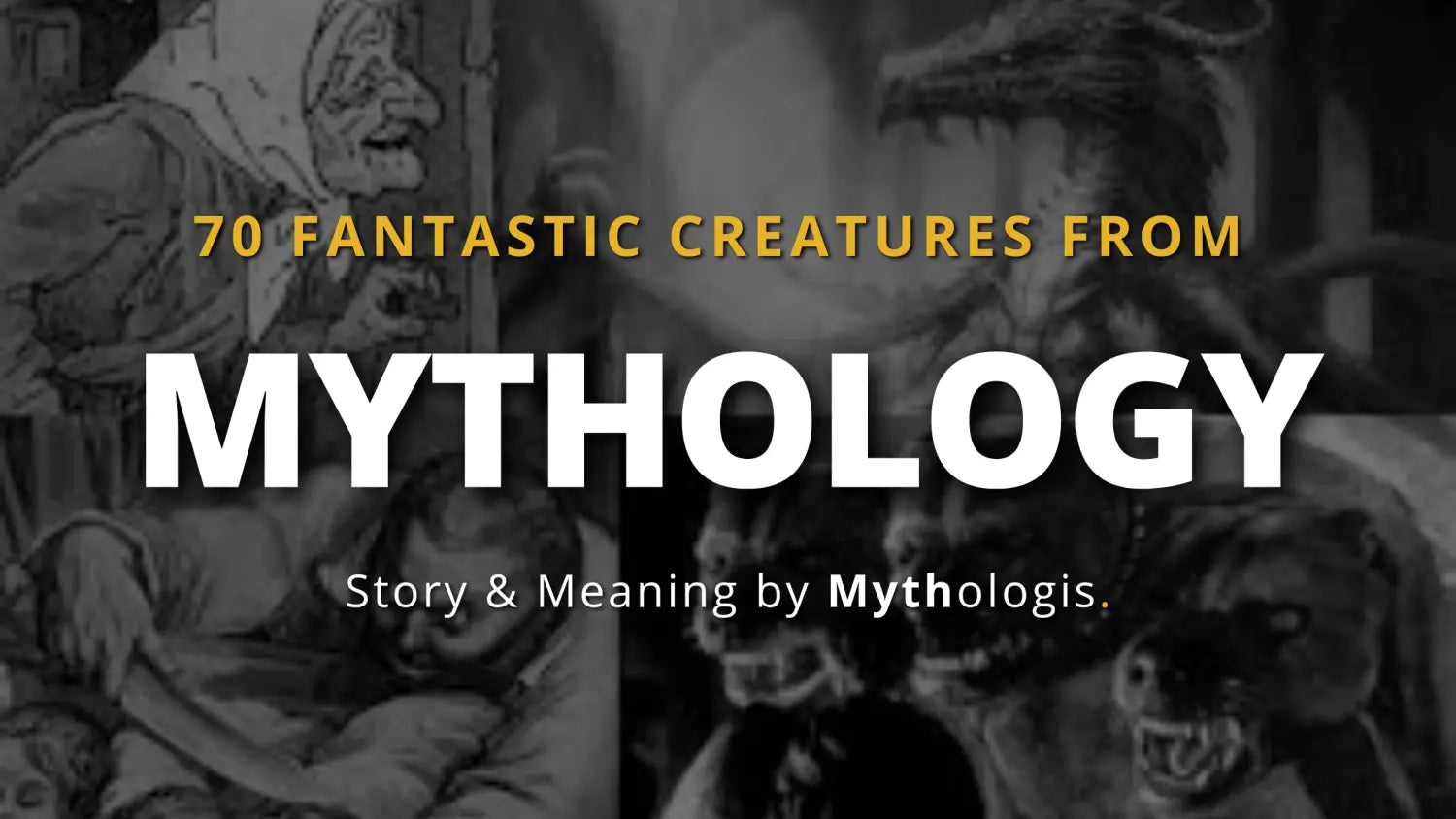Education in ancient Egypt was a highly valued and important aspect of society. From the earliest days of their civilization, the ancient Egyptians placed a strong emphasis on learning and knowledge, and they developed a sophisticated system of education that was designed to prepare individuals for a variety of roles in society.
What was the education in Egypt?
From the priests and scribes who preserved the cultural and religious traditions of the people, to the skilled artisans who created the many wonders of ancient Egyptian civilization, education played a vital role in the success and prosperity of this ancient society. In this article, we will take a closer look at the education system of ancient Egypt, exploring the various levels of learning and the subjects that were studied, as well as the role that education played in the daily lives of the ancient Egyptians. So come along and discover the fascinating world of ancient Egyptian education!
When did education start in Egypt?
Education in ancient Egypt is believed to have begun in the predynastic period, around 4000 BCE. During this time, education was primarily provided by the family and focused on practical skills such as farming, hunting, and craftsmanship.
As the ancient Egyptian civilization developed and became more complex, the education system became more formalized. The development of writing around 3000 BCE allowed for the creation of written records, including educational texts. Higher education, which was reserved for a select few, began to be provided by temples and schools. This type of education focused on more advanced subjects such as literature, law, medicine, and mathematics.
Overall, education in ancient Egypt played a vital role in the development of the civilization and was highly valued by the people. It was an important means of preserving the cultural and religious traditions of the people and preparing individuals for various roles in society.
Why was education important in ancient egypt
Education was important in ancient Egypt for a variety of reasons. It played a vital role in the development of the civilization and was highly valued by the people. Some of the reasons why education was important in ancient Egypt include:
Preserving cultural and religious traditions: Education was seen as a way to preserve the cultural and religious traditions of the ancient Egyptians. Priests and scribes, who were among the most highly educated individuals in ancient Egypt, were responsible for preserving these traditions and passing them down to future generations.
Preparing individuals for various roles in society: Education was also seen as a way to prepare individuals for various roles in society. The ancient Egyptians had a highly stratified society, with different roles and responsibilities for different classes of people. Education helped to prepare individuals for these roles and to ensure that they were equipped with the knowledge and skills necessary to perform their duties.
Promoting economic and technological development: The ancient Egyptians made significant contributions to the fields of science, technology, and engineering, and education played a vital role in this development. Highly educated individuals such as doctors, engineers, and architects used their knowledge of mathematics and science to design and build the many wonders of ancient Egyptian civilization.
Overall, education was important in ancient Egypt for a variety of reasons, and it played a vital role in the development of the civilization and the success and prosperity of its people.
What made ancient Egypt education unique?
There were several factors that made ancient Egyptian education unique. Some of the key characteristics that made ancient Egyptian education distinctive include:
The focus on practical skills: In addition to the study of more advanced subjects such as literature, law, and mathematics, ancient Egyptian education also placed a strong emphasis on practical skills. This included the training of artisans, who were responsible for creating the many wonders of ancient Egyptian civilization, as well as the training of scribes, who were responsible for keeping written records of the culture and history of the people.
The importance of written records: The development of writing around 3000 BCE allowed for the creation of written records, including educational texts. These texts were used to teach reading, writing, and arithmetic, as well as more advanced subjects such as literature and mathematics. The ability to read and write was highly valued in ancient Egypt and was seen as a mark of social status.
The role of religion: Religion played a significant role in ancient Egyptian education. Priests, who were among the most highly educated individuals in ancient Egyptian society, were responsible for preserving the cultural and religious traditions of the people and were trained in a variety of subjects including literature, history, and theology. Education in the temples also focused on the study of the gods and goddesses of ancient Egypt and their role in the society.
Overall, ancient Egyptian education was characterized by a focus on practical skills, the importance of written records, and the role
Ancient egyptian schools
In ancient Egypt, schools were institutions of higher education that were reserved for a select few and focused on more advanced subjects such as literature, law, medicine, and mathematics. These institutions were usually located in the larger cities and were attended by individuals who had the means to pay for their education.
Students at ancient Egyptian schools were usually selected based on their aptitude and potential, and the education they received was designed to prepare them for various roles in society. Schools focused on a variety of subjects, including mathematics, science, literature, and the arts, and were attended by individuals who hoped to become doctors, engineers, and other highly skilled professionals.
Ancient Egyptian schools were usually run by highly educated individuals, such as priests or scribes, who served as teachers and educators. These individuals were responsible for imparting their knowledge to their students and preparing them for their future roles in society.
Where did ancient Egyptians go to school?
In ancient Egypt, higher education was provided by temples and schools. These institutions were reserved for a select few and focused on more advanced subjects such as literature, law, medicine, and mathematics.
Temples played a particularly important role in ancient Egyptian education. They served as centers of learning and were responsible for preserving the cultural and religious traditions of the people. Priests, who were among the most highly educated individuals in ancient Egyptian society, were trained in a variety of subjects including literature, history, and theology at the temples. In addition to their religious duties, priests also served as teachers and educators, passing on their knowledge to future generations.
Schools were another important institution of higher education in ancient Egypt. These institutions were usually located in the larger cities and were attended by a select few who had the means to pay for their education. Schools focused on more advanced subjects such as mathematics, science, and literature, and were attended by individuals who hoped to become doctors, engineers, and other highly skilled professionals.
Overall, ancient Egyptians had access to a variety of institutions of higher education, including temples and schools, which provided them with the knowledge and skills necessary to succeed in various roles in society.
Ancient egyptian school punishments
It is difficult to know for certain what punishments were used in ancient Egyptian schools, as there is limited information available on this topic. However, it is likely that ancient Egyptian teachers used a variety of methods to discipline their students, including verbal reprimands, physical punishment, and the withdrawal of privileges.
In ancient Egypt, education was highly valued and seen as a way to prepare individuals for various roles in society. It is likely that teachers took their responsibilities seriously and sought to instill discipline and a strong work ethic in their students. Verbal reprimands were probably a common form of punishment, and students who misbehaved may have been scolded or lectured by their teachers.
Physical punishment, such as spanking or beating, may also have been used as a form of discipline in ancient Egyptian schools. While this practice was not uncommon in many ancient societies, it is difficult to know for certain how commonly it was used in ancient Egyptian schools.
The withdrawal of privileges, such as the denial of certain activities or rewards, may also have been used as a form of punishment in ancient Egyptian schools. For example, students who misbehaved may have been denied the opportunity to participate in extracurricular activities or may have had their privileges, such as access to certain resources or materials, revoked.
Ancient egypt education facts
Here are a few interesting facts about ancient Egyptian education:
Education was highly valued in ancient Egypt: Education was seen as a way to preserve the cultural and religious traditions of the ancient Egyptians and to prepare individuals for various roles in society. As a result, education was highly valued and played a vital role in the development of the civilization.
Education was divided into two main levels: Primary education, which was usually provided by the family and focused on basic skills such as reading, writing, and arithmetic, and higher education, which was provided by temples and schools and focused on more advanced subjects such as literature, law, medicine, and mathematics.
Priests and scribes were among the most highly educated individuals in ancient Egypt: Priests and scribes were responsible for preserving the cultural and religious traditions of the people and were trained in a variety of subjects including literature, history, and theology. Other highly educated individuals included doctors, engineers, and architects, who used their knowledge of mathematics and science to design and build the many wonders of ancient Egyptian civilization.
The ancient Egyptians used a base 10 numbering system: The ancient Egyptians used a base 10 numbering system, with symbols for each power of 10 from 1 to one million. They also had symbols for fractions, which allowed them to perform arithmetic operations and solve mathematical problems with greater precision.
Religious education in ancient egypt
In the first intermediate period, or feudal age (from 2190 to 2040 B.C.), it can be said that there was already an institutionalized education, in which young people were entrusted to a person professionally dedicated to them. But above all to physical education.
According to the above, one of the great phrases of that period was: “Be an artist of the word, so that you may be powerful. Language is the sword of man, a speech is stronger than any other weapon. As can be seen, the word begins to be given great meaning on a social and intellectual level, that is, the methodological strategy consisted of the written text and memoristic learning, which was developed with the teacher sitting on a mat, and with the students around him; the students used to chant together the texts, which they had to learn; a custom destined to be perpetuated for millennia.
In the Middle Kingdom, the book still follows as an important tool by which its teaching becomes more and more frequent and generalized. It belongs to the beginning of the Middle Kingdom, or Theban period (20401786 B.C.), the classical text of wisdom teaching used in schools, the Kemit or Summa. It is the text of a scribe who educates a scribe, or a parent who educates his own child.
The social fortune of the scribe, like his wisdom, resides in books: and this wisdom is culture, knowledge, literature, scholarship, and the school is the place where books are studied to become scribes.
In the age of the Hyksos, (17851580 B.C.) appears the passage from wisdom to culture or instruction. The teaching is characterized by the increasing appreciation of the book as an instrument of instruction.
On the other hand, during this period great interest arose in early childhood education, with the maternal care that it entails, prolonged breastfeeding and attention to the infant’s natural needs. Then follows the separation of the child from his mother to attend school, which appears more and more clearly as a public instruction, separated from the family.
At the end of this period, for the nobles there was also a physical education, especially swimming, gymnastic-sporting or military activities: archery, running, hunting of wild animals and fishing. Physical education is indeed a preparation for war and a prerogative of the dominant groups, as is “oratory” education.
The New Kingdom. At this time the definition of the school is presented, the literary tradition appears as the great heritage to inherit and identify with, and the authors as the perpetual model to reproduce. A book is better than a registered school, better than a solidly built wall.
The profession of scribe appears, in a characteristic way, destined to those whose physique is weak. Many of these new teachings are in the form of a letter sent by an obviously older, and therefore wiser, scribe to a younger, still apprentice scribe.
The object of the teaching is no longer only to speak well, that is, political oratory actively exercised in councils and assemblies, but to learn “all the rules of the courtiers,” that is, now obedience and submission are disproportionately extolled.
There was an education proper to the caste of priests, which was transmitted from fathers to sons and consisted mainly of the sacred letters”, which are not better defined than the “common knowledge”, not exclusive to priests and spread among the laity, consisting essentially of scientific-practical teachings.
Conclusion about Ancient Egypt Education
In conclusion, ancient Egyptian education was a highly valued and important aspect of society. From the earliest days of their civilization, the ancient Egyptians placed a strong emphasis on learning and knowledge, and they developed a sophisticated system of education that was designed to prepare individuals for a variety of roles in society. From the priests and scribes who preserved the cultural and religious traditions of the people, to the skilled artisans who created the many wonders of ancient Egyptian civilization, education played a vital role in the success and prosperity of this ancient society. Through their emphasis on practical skills, the importance of written records, and the role of religion in education, the ancient Egyptians left a lasting legacy that continues to influence the field of education to this day.


